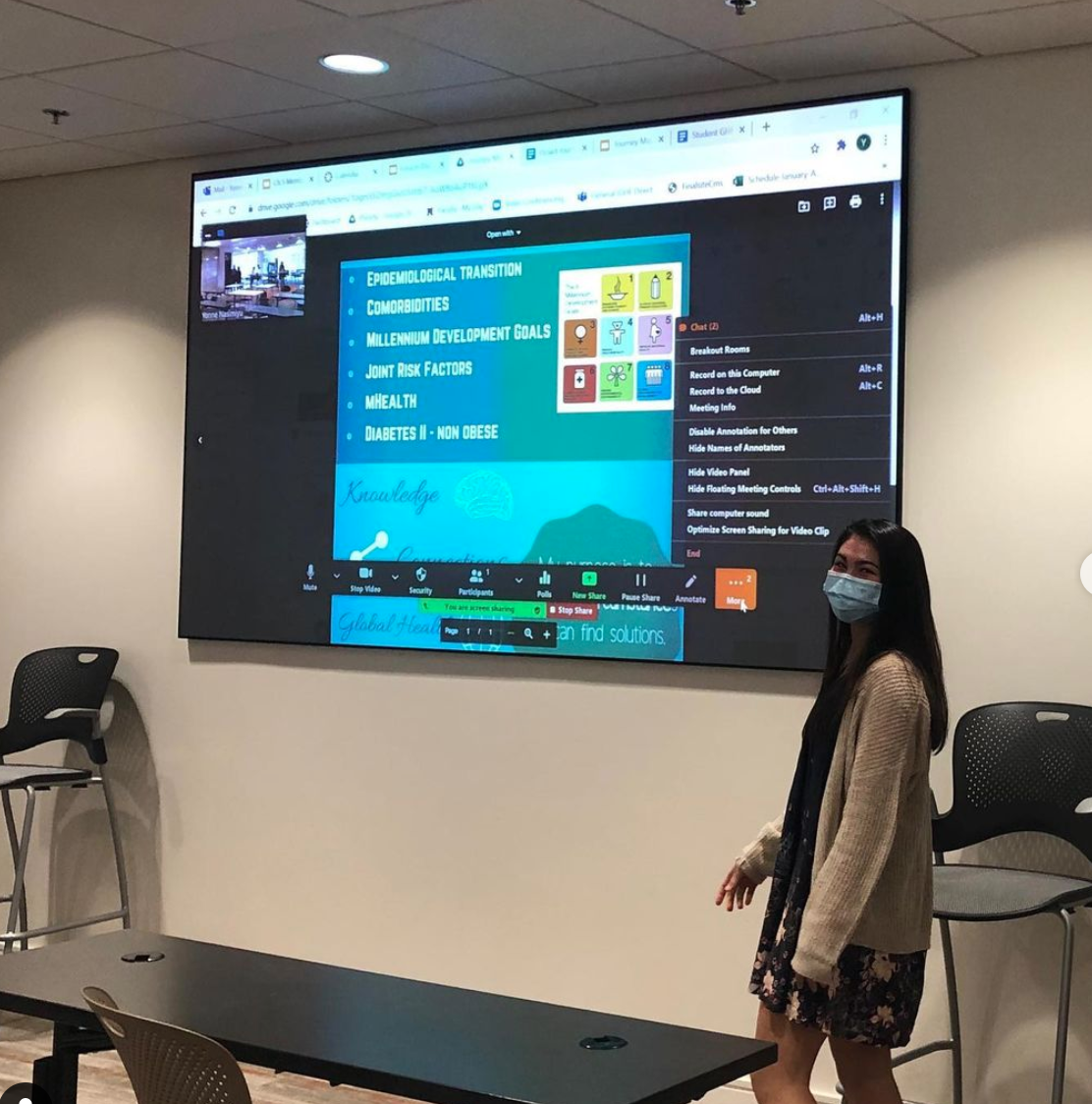Research Opportunities
GEBG has a strong commitment to both furthering research in the field of K-12 global education and to develop research skills amongst our network of global education practitioners, leading the work at their schools. GEBG works to support emerging and practitioner research in the field, and curates relevant findings to improve student learning and empower global educators.

